“Post capitalist philanthropy is a paradox in terms. A paradox is the appropriate starting place for the complex, entangled, messy context we find ourselves in as a species.” This is how long-time activists, political strategists, and accidental philanthropy advisors Alnoor Ladha and Lynn Murphy start their treatise on Post Capitalist Philanthropy. This book is a result of decades of practice and research, including a hundred plus interviews with leading activists, philanthropists, philosophers, social scientists, cosmologists and wisdom keepers.
The authors take us on a journey from the history of wealth accumulation to the current logic of late-stage capitalism to the lived possibilities of other ways of knowing, sensing and being that can usher in life-centric models. This “ontological shift”, as they call it, is at the heart of the text – creating new-ancient-emerging realities is not simply about how we redistribute wealth or “fight power”, but rather, how we perceive and embody our actions in relationship to a dynamic, animistic world and cosmos.
This book is made available by Daraja Press on behalf of the Transition Resource Circle.



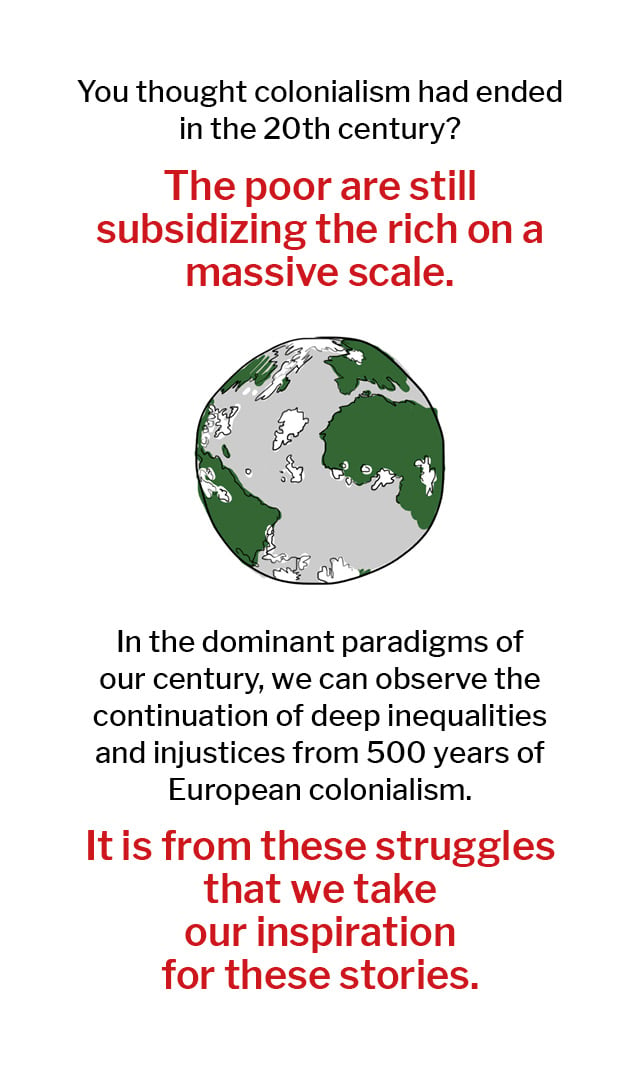
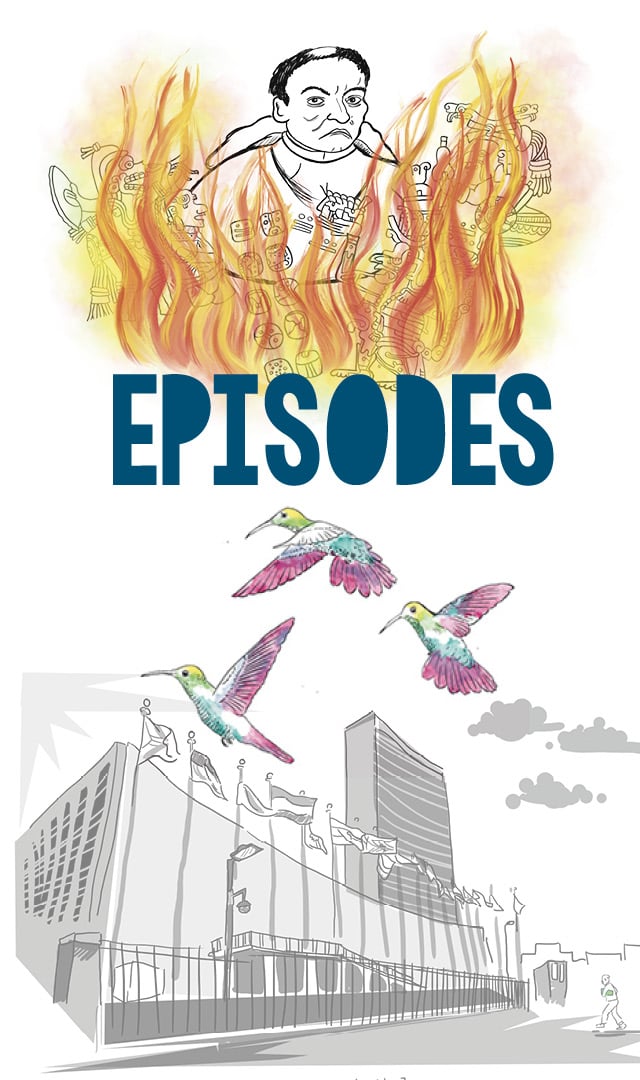
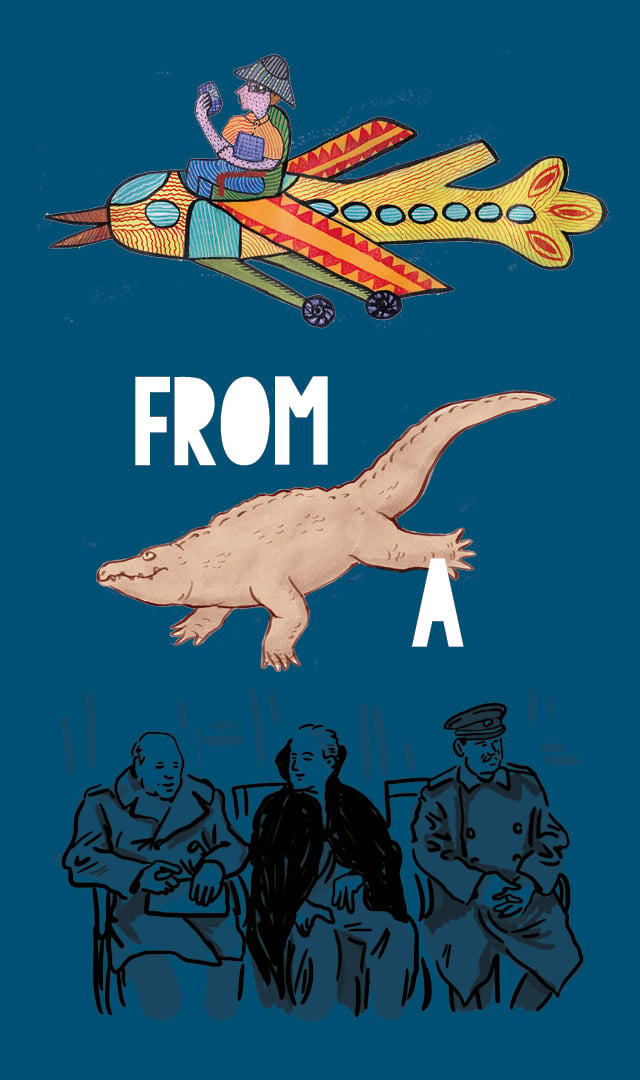
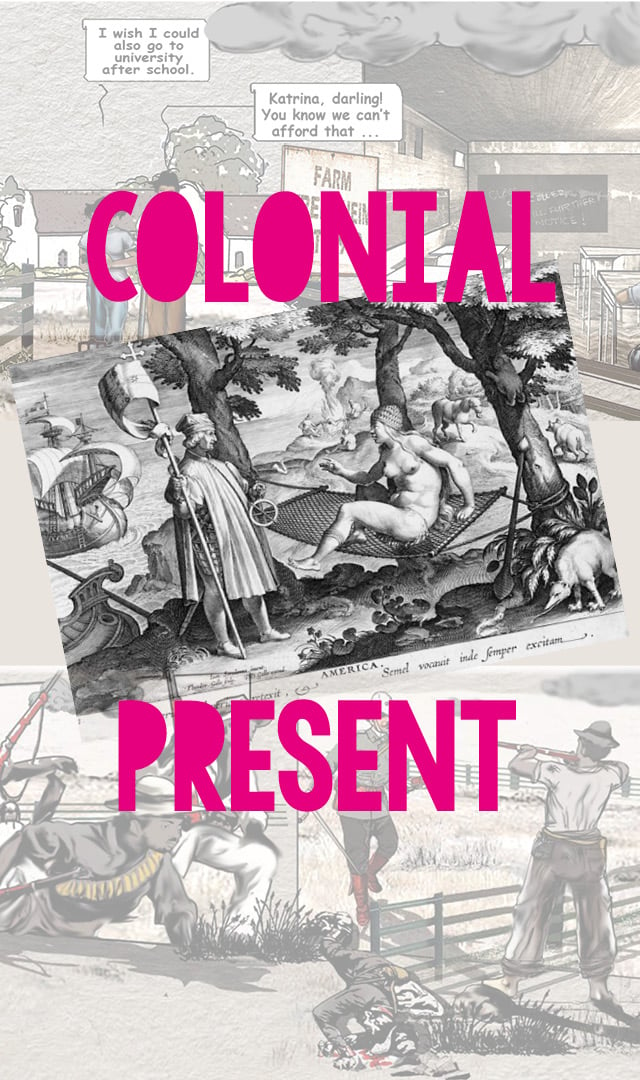


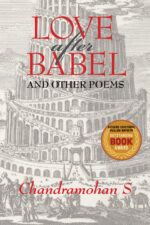
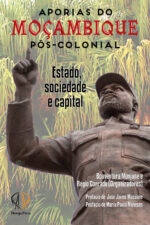




Joachim Zeller
The collaborative anthology focuses on the profound inequalities and injustices as a result of “1492”. The authors and artists look closely and stumble upon the violence resulting from the colonial past, which is inherent in global inequality. Lights are being topped the coloniality of our everyday life today. At the same time, reference is made to the decolonializing potential of the everyday struggles of activists. The detailed introduction explains the postcolonial approach of the book. The collaboration on the artistic level, through dialogue and solidarity, has given hope, it says. Last but not least, the non-profit project sees itself as a contribution to the commitment to development education. A literature list in the appendix rounds off the volume. The moving “Episodes from a Colonial Present” must not be missing in any postcolonial library! Joachim Zeller https://www.iz3w.org/artikel/rezension-zeller-episodes-colonial-present-bendix
CLIP-Editorial
In nine stories, (post)colonial conditions are linked to the personal experiences of the authors and the historical conditions of colonial life are made transparent. This is what the story is about the story of tracking trauma. The German Genocides at Home and Abroad, the complexity demanded by the FES and illustrated, as the Nama groups changed alliances in connection with the German colonial aggression: “The Witbooi (/Khowesin) initially fought against the Ovaherero, then closed peace and fought side by side with the Ovaherero under German command against other peoples. 43). An explanatory text states: “Today, 70 percent of the private land belong to a few thousand whites, most of which are German-speaking farmers” (p. 45). They wanted a German version in all waiting rooms of our perpetrator country. https://www.cilip.de/2024/12/05/literatur-78/